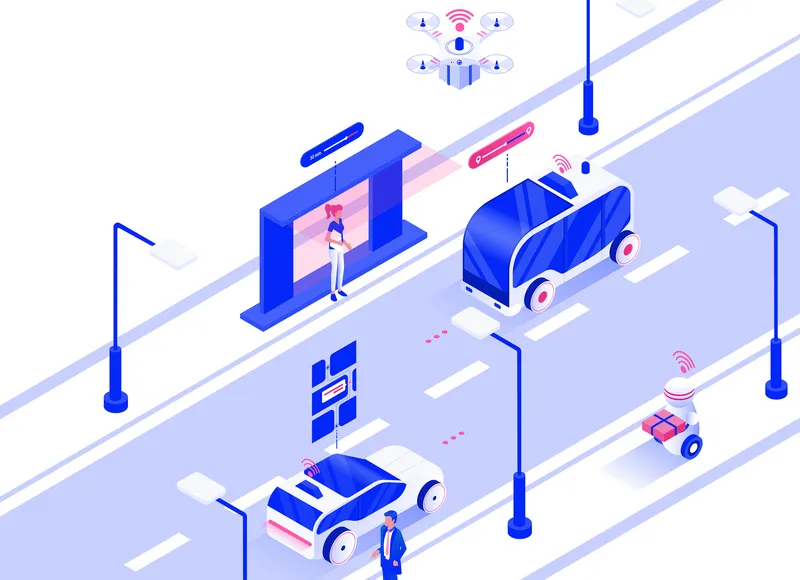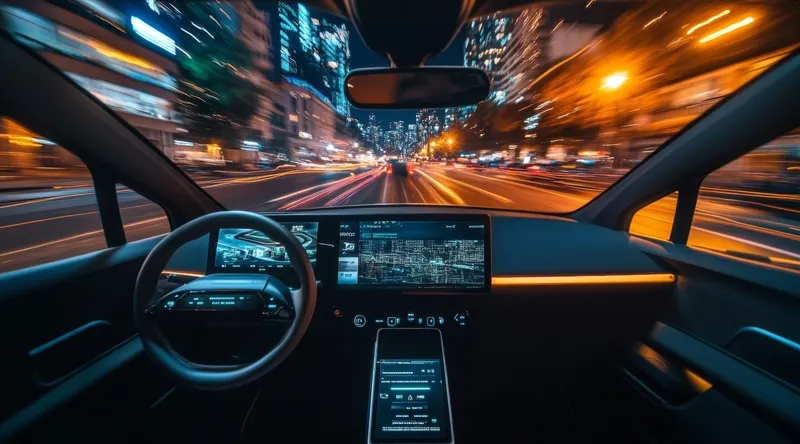
Connected Places Catapult is working with industry partners to develop simulation standards to facilitate the introduction of connected and autonomous vehicles (C/AVs) in the UK.
The UK government agency will use its membership of the Association for Standardisation of Automation and Measuring Systems (ASAM) to develop ASAM OpenScenario 2.0.
ASAM is a non-profit organisation in which members such as Toyota and Delphi Technologies promote standardisation in automotive development and testing.
These standards focus on defining data models, file formats, communication application programming interfaces and communication protocols for the data exchange between research, development and validation systems.
Catapult says OpenScenario 2.0 covers all driving simulations in which an automated driving system is expected to operate. It will also specify the dynamic behaviour of all actors - such as other road users - under which the system is being tested, the agency adds.
Catapult will also develop the Open Simulation Interface standard which relates to the interface between sensor models and information collected on location and OpenLabel – the format and labels for objects detected by sensors.
The agency claims the lack of a “standardised approach” to scenario-based simulation for testing C/AVs has presented an obstacle for technology suppliers and regulators.
According to Catapult, this is due to the complex interactions which exist between the system under test, its environment and tolls, which are difficult to verify in the absence of standard interfaces.
Catapult expects the standards to complement a collaboration with the Department of Transport (DfT) to develop a library of usable C/AV and AV scenarios.
It also believes the work will support a partnership with the Centre for Connected and Autonomous Vehicles (CCAV) on research activities related to a safety assurance system called CAVPass.
The UK government is developing CAVPass to help minimise any defects ahead of their testing and wider deployment on roads.








